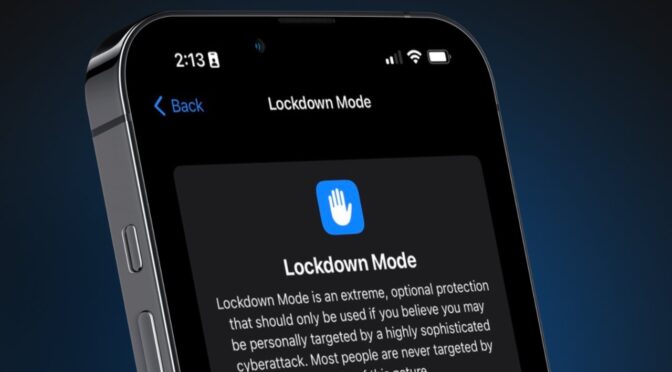Introduction
Choosing between settling your case or going to trial is big. We’ll help you understand both options and decide which is best for you.
Settling a Case: What’s It About?
Settling a case means you’ve made an agreement to solve the dispute without a trial. For example, a defendant might agree to pay you a sum, and you agree to drop your claims. You get certainty and save time, money, and stress instead of facing a risky trial.
The Gamble of a Trial
Going to trial is risky. You’re placing your fate in the hands of a judge or jury. Here’s what you’re up against:
- Costs: Trials are costly. Legal fees, expert witnesses, and more can add up. Winning might not cover the costs.
- Time: Trials can take months, even years.
- Stress: Trials can be extremely stressful.
- Unpredictability: Even a strong case can lose due to various factors, like witness credibility or evidence interpretation.
- Reputation Damage: Trials can harm your reputation, especially for sensitive cases.
Advantages of Going to Trial
While going to trial may seem daunting, it does have its advantages. If your case is strong and compelling, a trial can potentially lead to a larger payout than a settlement would offer. It’s an opportunity to tell your side of the story in a public forum, possibly bringing light to important issues. The process of a trial can also provide a sense of closure, as the verdict is often viewed as a definitive statement of right and wrong. Furthermore, a successful trial verdict may set a precedent, helping others in similar situations in the future.
Weighing Settlements and Trials
How do you choose between a settlement and a trial? Here’s what to think about:
- Case Strength: Discuss your case’s strength with your attorney. Understand your evidence, legal strategy, and weak points.
- Money Matters: Compare trial costs to a potential win. Consider if a settlement offer meets your financial needs.
- Time & Emotion: Think about the time and emotional energy a trial requires. Can you commit?
- Risk Comfort: Are you comfortable with the uncertainty of trial outcomes?
- Privacy & Reputation: Think about how a trial might affect your privacy and reputation, especially for sensitive cases.
Conclusion
Deciding between a case settlement and trial isn’t easy, it’s a deeply personal decision that demands serious thought. But remember, you’re not alone in this. An experienced attorney can provide tailored guidance based on your unique circumstances. At Reeves Lavallee, PC, we’re here to help you make the best choice for your situation. Don’t hesitate to contact us for more assistance, we’re just a call away.
Please note that the content provided in this blog article is for informational purposes only and should not be considered legal advice. Readers should not rely solely on the information presented here and are encouraged to seek professional legal advice for their specific circumstances. Remember, each situation is unique and requires personalized attention from a qualified attorney.
#CaseSettlement, #LegalTrial, #LegalRisks, #LegalCosts, #LegalStress, #LegalStrategy, #ReputationManagement, #CaseStrength, #FinancialImpact, #EmotionalToll, #PrivacyConcerns, #LegalDecisionMaking, #LegalGuidance, #ReevesLavalleePC, #LegalAssistance, #PersonalizedLegalAdvice



